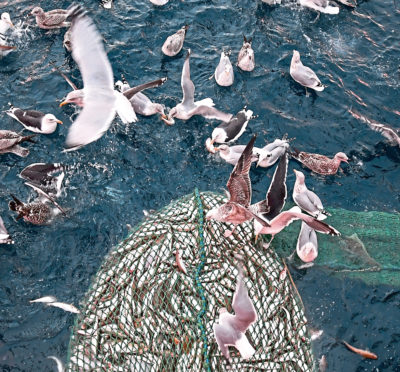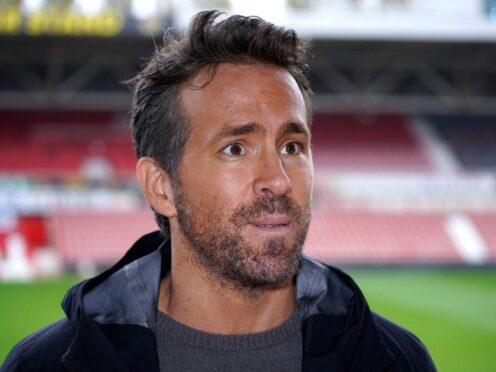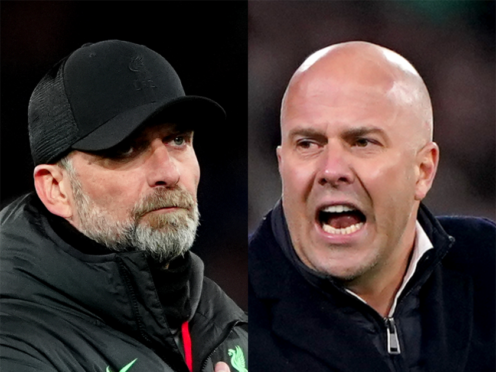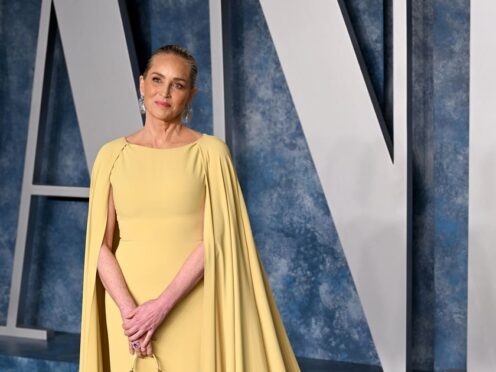A House of Lords committee has raise serious concerns about the implementation of changes to rules on fishing for the UK’s fleet.
The full European Union (EU) landing obligation comes into force tomorrow and is a fundamental change to legislation.
Whereas previously fishers could discard fish caught that were in excess of the allocated quota they will now be required by law to land it.
>> Keep up to date with the latest news with The P&J newsletter
Legislators hope the move will put an end to fish being wasted and encourage more selective catching.
The EU Energy and Environment Sub-Committee has, however, heard evidence that implementation may be chaotic and that policing the new laws may prove almost impossible.
It has also been warned the new legislation could have a devastating impact on the industry.
Without being able to discard fish, crews may reach their quotas much earlier in the year, forcing them to choose between not fishing for large parts of the year or breaking the law.
One estimate suggests £165 million worth of fish could remain uncaught in 2019 as a result.
Lord Krebs, a member of the committee, said the concerns of various groups about the new legislation was “deeply concerning”.
He said: “Maintaining the health of our oceans by fishing at sustainable levels is critically important and the landing obligation was introduced to help make sure this happens.
“So it is deeply concerning that so many people – fishers, environmental groups, even the enforcement agencies themselves – do not think these new rules can be implemented from January 1.
“It is obvious that the UK Government does not have the resources in place to monitor compliance, nor have they used the opportunity of the phased introduction to make the changes to quota allocations or promoted the use of selective fishing practices that might alleviate some of the risk to fishers’ livelihoods.
He went on to say: “January 1 should be the start of a new era of more sustainable, less wasteful fishing, but most people we spoke to thought nothing would change – fishers will continue to discard, knowing the chances of being caught are slim to none and that to comply with the law could bankrupt them.
“When the Fisheries Minister is making his New Year’s resolutions, I would urge him to put sorting this issue out at the top of his list.”










